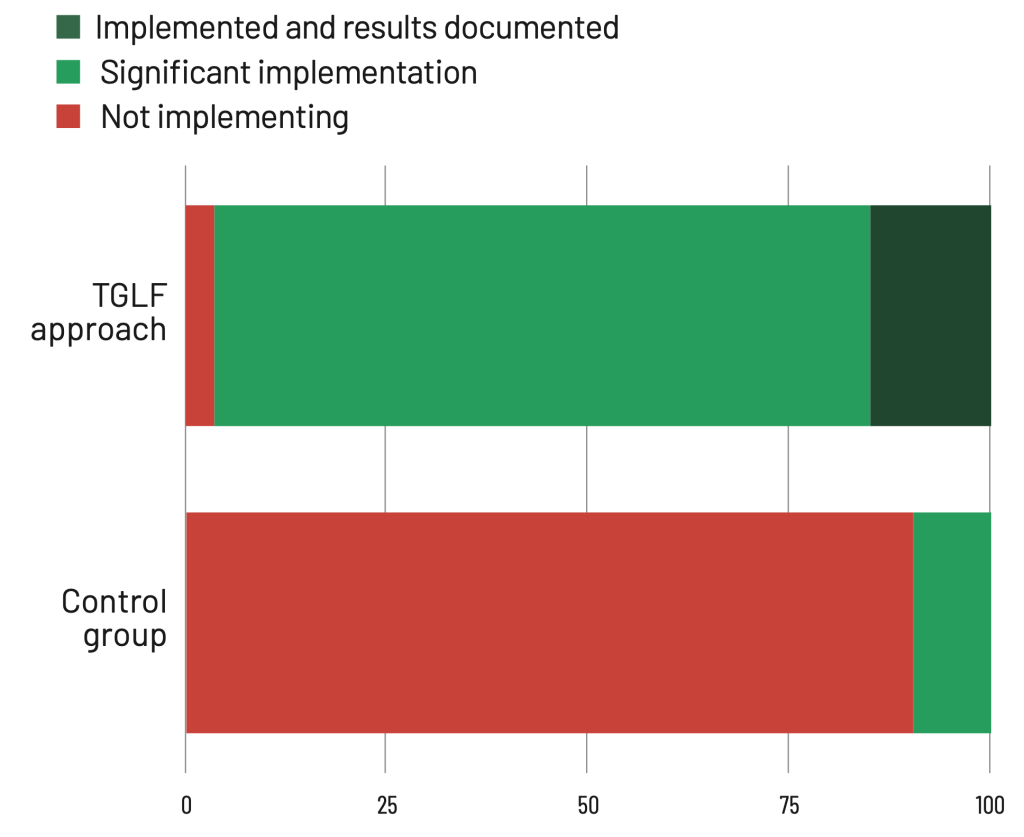
In the final stage of a comprehensive TGLF learning programme, alumni implement action plans they have developed together.

In the final stage of a comprehensive TGLF learning programme, alumni implement action plans they have developed together.
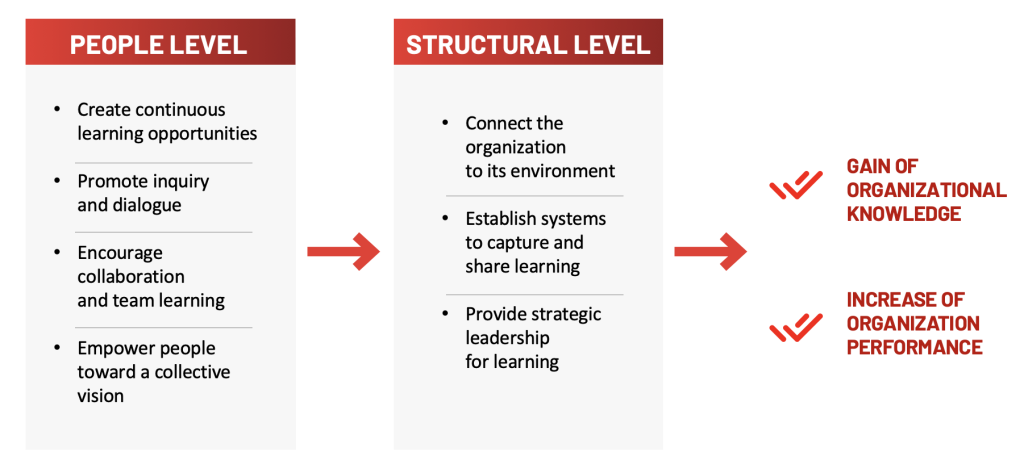
As developed by our founders, the TGLF learning-to-impact pathway draws on the best available evidence and our own practice in the learning sciences and multiple other disciplines. TGLF’s diagnostic instruments rapidly identify the most effective strategies to develop people, teams, and networks to drive change and performance.
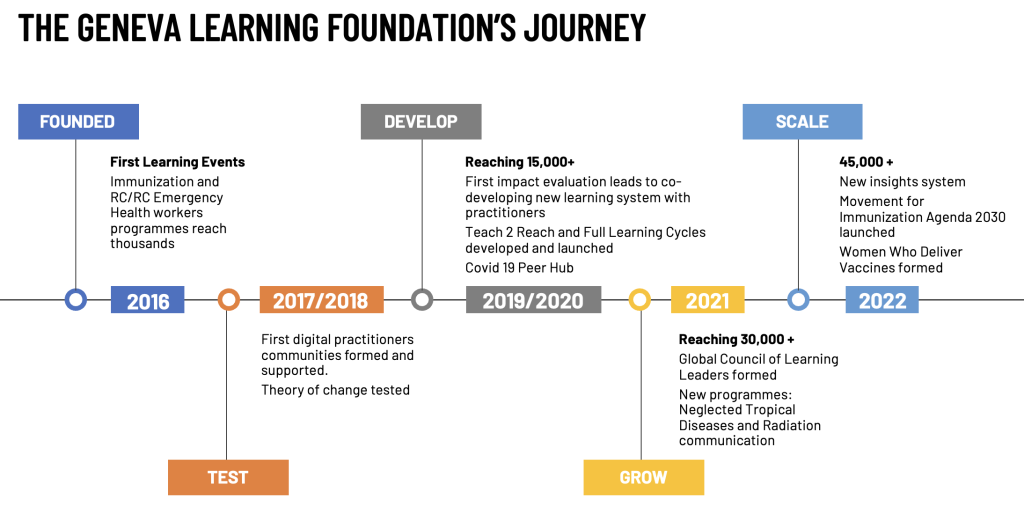
What we do and how we do it have both changed rapidly since we launched the Impact Accelerator, the key component Geneva Learning Foundation’s learning-to-action pathway. We catalyze large scale peer networks of frontline actors facing critical threats to our societies.
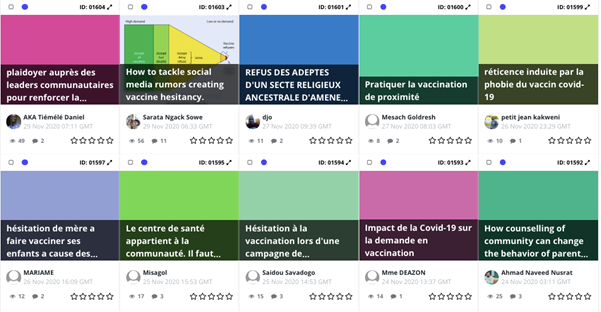
A digital human knowledge and action network of health workers: Challenging established notions of learning in global health When Prof Rupert Wegerif introduced DEFI in his blog post, he argued that recent technologies will transform the notions and practice of education. The Geneva Learning Foundation (TGLF) is demonstrating this concept in the field of global health, specifically immunization, through the ongoing engagement of
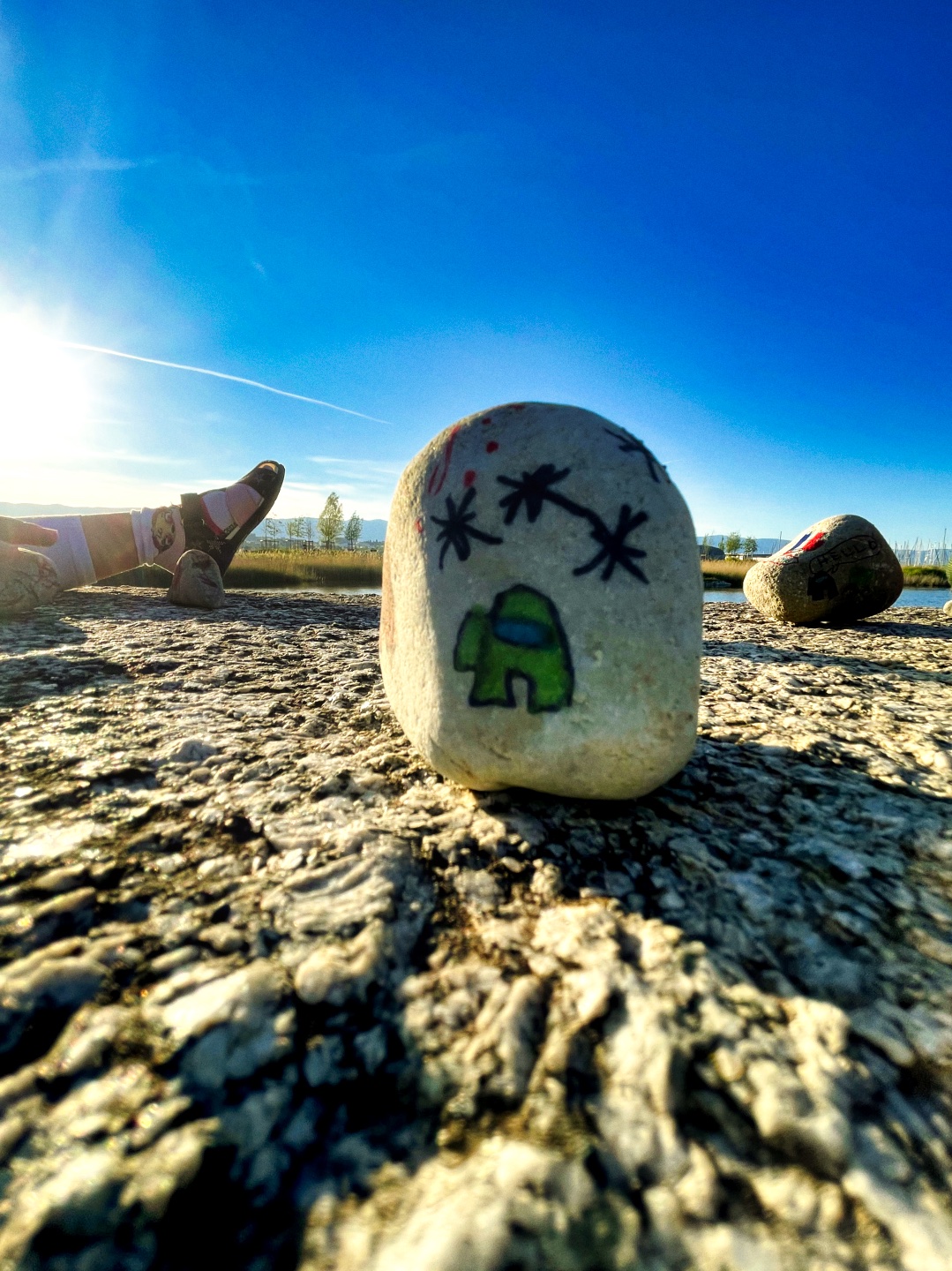
On 30 May 2021, Convenors Karen Watkins and Reda Sadki were joined by eight Key Contributors: Nancy Dixon, Bryan Hopkins, Barbara Moser-Mercer, Renee Rogers, Catherine Russ, Esther Wojcicki, Laura Bierema, and Emanuele Capobianco. This was the third Dialogue convened by The Geneva Learning Foundation for learning, leadership, and impact. Each Key Contributor has a fascinating, singular leadership journey.
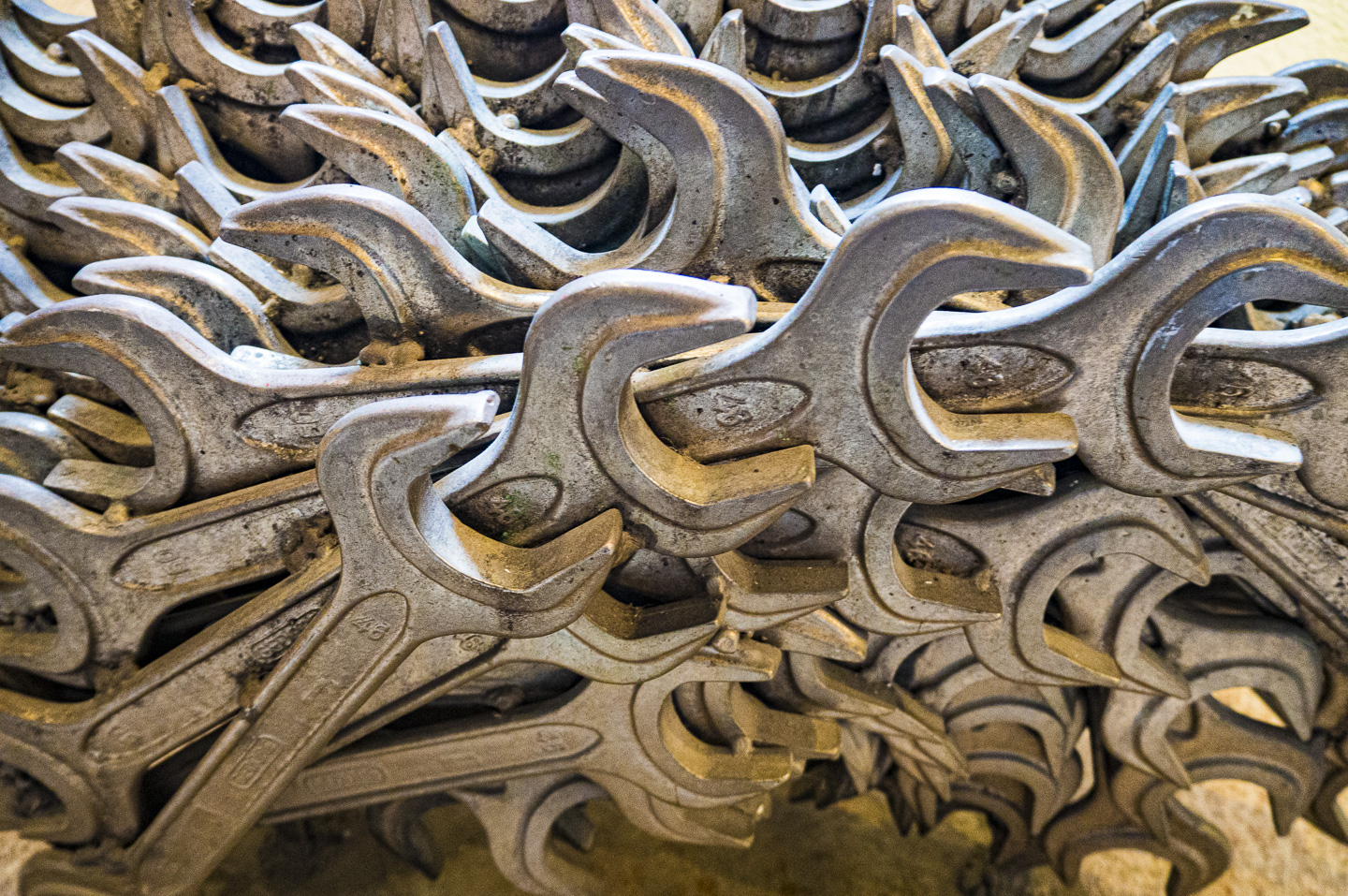
“Everything is now. Knowledge flows in real time. Global conversations are no longer restricted by physical space. The world has become immediate.” – George Siemens in Knowing Knowledge (2006) Twenty Key Contributors have now joined the Geneva Learning Foundation’s monthly Dialogue on learning, leadership, and impact.

The Geneva Learning Foundation’s new Dialogue is an invitation-only global conversation exploring learning, leadership, and impact. Our aim is to explore new ways to connect individuals who are tackling the challenges that threaten our societies. In the past, one observation has been that conversations around learning and leadership tend to happen between nearly-identical peers.
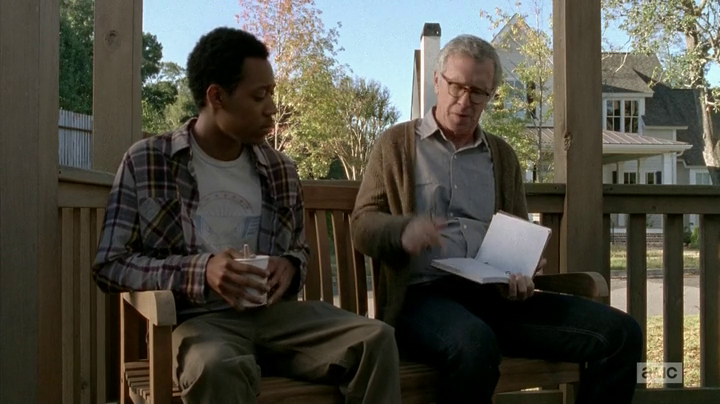
In this episode, the young Noah has asked to meet with Reg, an elderly architect or engineer who had the know-how to build the wall that protects the community of Alexandria, which some believe has survived zombies and other predators mostly by sheer luck. Noah recognizes that it’s more than luck – and wants to Reg to pass on knowledge and expertise that is different from that needed only to avert death.
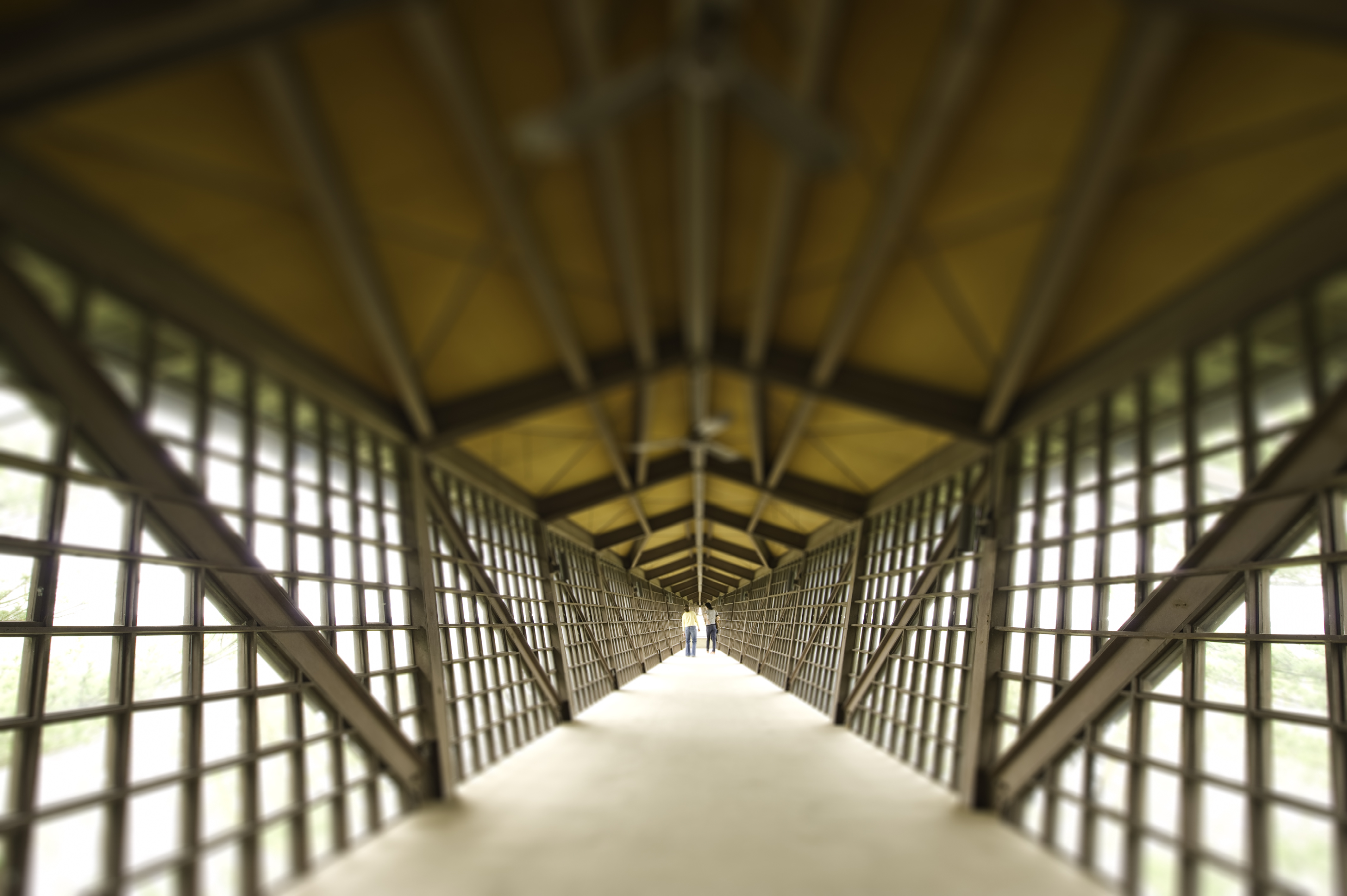
In the design of a learning system for humanitarians, the following questions should be given careful consideration: Does each component of the system foster cross-cutting analysis and critical thinking competencies that are key to humanitarian leadership? Is the curriculum standardized across all components, with shared learning objectives and a common competency framework?

“What I like,” whispered my dinner companion, “is that these publishing types have survived the fire of digital transformation, emerging out of the boiling pits of disruption, and all of that. Some were dismembered before, during, and after – acquired and merged, sold and resold. All paid a terrible price, but bear their bruises and scars proudly.